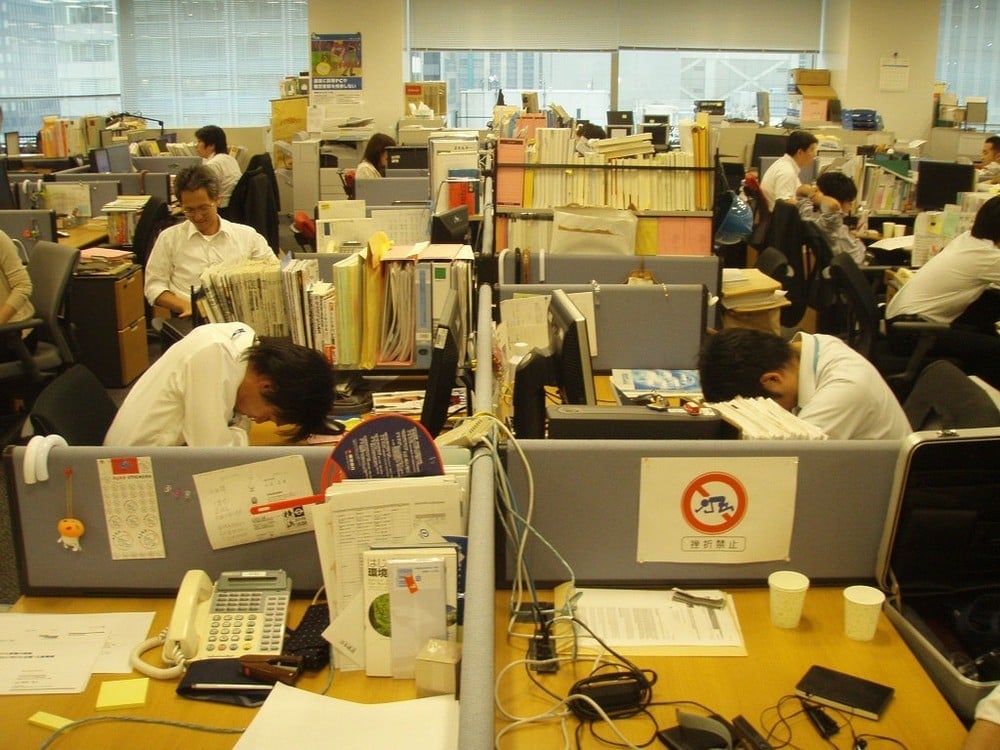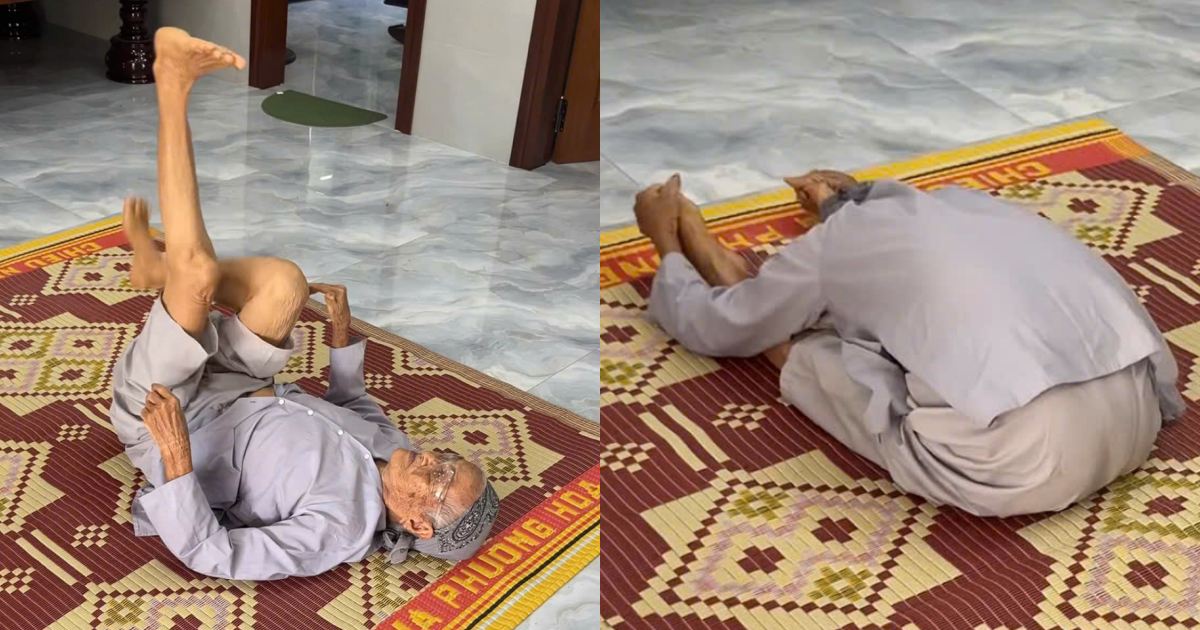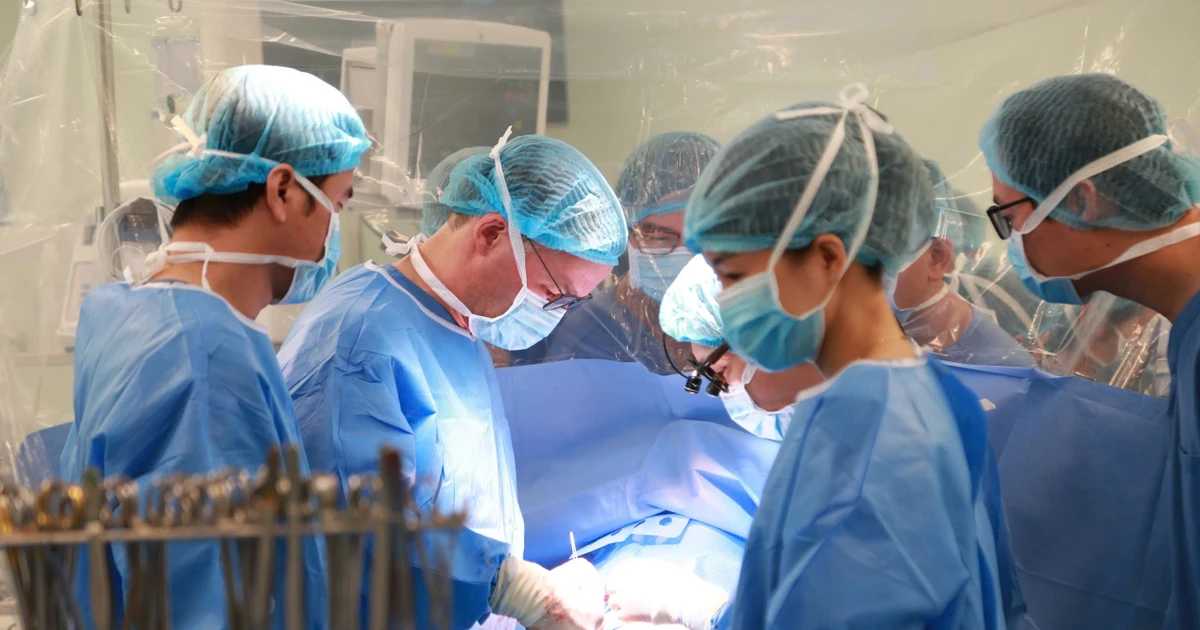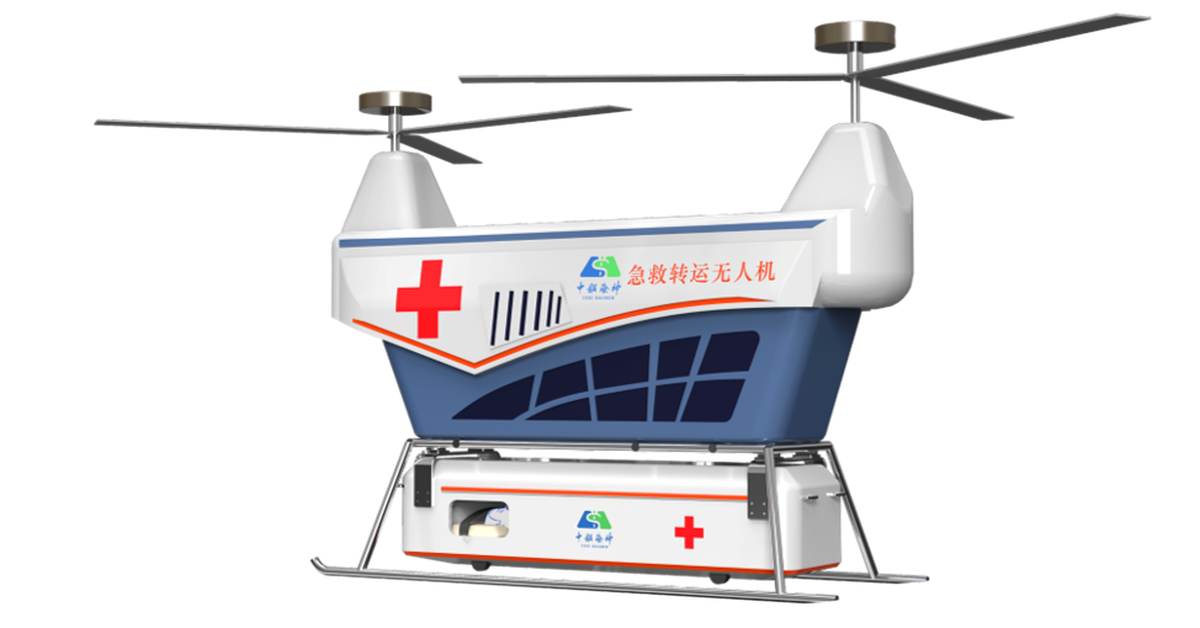After a morning of work, Japanese experts recommend resting for at least 20 minutes at noon to help replenish the body's energy and eliminate fatigue.
 |
| Japanese people often take a 20-30 minute nap to help restore energy. (Source: Flickr) |
According to statistics from the World Health Organization (WHO), Japan ranks first in the list of countries with the highest average life expectancy in the world.
Specifically, the average life expectancy of Japanese people is 84.2 years, of which men are 81.1 years old and women are 87.1 years old. In addition to factors such as a clean living environment and very high medical standards, the secret to Japanese longevity cannot be separated from their special lifestyle.
Japan is known for being a hard-working country with many cases of overwork. This alarming situation has led to the fact that naps at work are now encouraged.
The reason is because according to experts, well-rested workers will be effective workers, it also helps reduce stress at work and in daily life.
A study shows that Japanese people sleep an average of only 6 hours and 35 minutes per night. Because they often work with a huge amount of work, Japanese people often take advantage of any opportunity, no matter how short, to sleep to help restore energy.
The Japanese have the term "Inemuri" to refer to short naps, which can be a nap during lunch break or on public transport, in parks, shopping malls, etc.
Some other countries, like Spain, have the term "siesta," which is a short nap in the early afternoon. In Italy, there's the term "riposo." This culture allows people to take a short nap in the afternoon.
Many scientific studies have proven the health benefits of a short nap:
Anti-disease, good for the heart
A remarkable study published in The New England Journal of Medicine explored the link between napping habits and longevity in Japanese people.
This study followed thousands of Japanese people for years and found that those who regularly took naps tended to live longer, compared to those who did not practice this habit.
In particular, people who take a 20 to 30 minute nap every day often have a lower mortality rate from cardiovascular disease and age-related diseases.
This study also found some specific health effects of napping. A short nap each day has the ability to reduce blood pressure and have a positive effect on the circulatory system.
This may explain why napping may help prevent cardiovascular disease.
Research from the American Heart Association shows that napping can reduce the risk of cardiovascular disease. People who regularly nap have better blood pressure control and a lower risk of heart disease.
Positive impact on mental health
The habit of taking a nap also has a positive impact on psychology and mental health. It helps reduce stress and fatigue accumulated throughout the morning, improves working spirit and creates a feeling of relaxation.
This habit helps Japanese people maintain good mental health and create joy in daily life.
Increase resistance, improve memory
A 2015 study from the University of California (USA) showed that taking a short nap can increase the body's resistance. This helps prevent diseases.
A 2008 Harvard study found that napping improves memory and learning, which could be helpful for students and workers who need to absorb new information every day.
Source


































![[Photo] "Beauties" participate in the parade rehearsal at Bien Hoa airport](https://vstatic.vietnam.vn/vietnam/resource/IMAGE/2025/4/11/155502af3384431e918de0e2e585d13a)































































Comment (0)